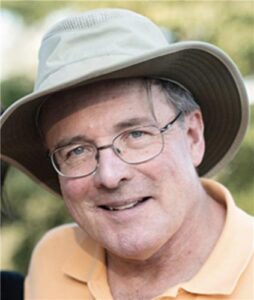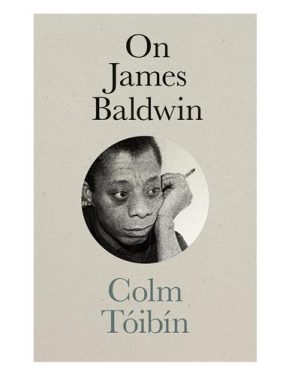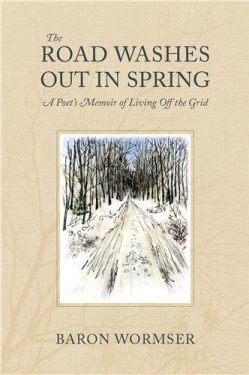If you’ve ever been in love, you’ve probably turned to your sweetheart and said something like, ‘Darling, you’re my everything.’ Perhaps you’ve daydreamed with your significant other about ‘getting away from it all’-buying a boat, moving to Sweden, moving to Galesnjak-somewhere you could live in harmony, just you two and the big blue sky. But Eve can’t unbite the apple: it’s civilization and other people and ‘I’ve got to work late again tonight, honey,’ and that’s life forevermore. And would you really move to nowhere with your someone if you could? Here’s a tale of two people who did: Art and Nan Kellam, who married in 1935 and moved to an uninhabited island off the coast of Maine in 1949, where they remained together until 1985. The story has been told before: in a wonderful 2003 Times article and in a series of photographs of the Kellam’s homestead, taken by David Graham. But neither of these was complete. In ‘We Were an Island,’ Peter P. Blanchard III uses Nan’s journals, the manuscript of the unfinished book she and Art were writing about their adventure, and their letters and family photos to weave a narrative that is at times touching, at times daunting, at time strangely relatable. Art and Nan led a relatively austere existence, chopping wood, cutting paths through the forest, growing vegetables, rowing to the mainland if they needed special supplies-but what comes through in ‘We Were an Island’ is how inconsequential all this is. The substance of the story is their relationship, which is instantly recognizable to anyone who’s ever been in one. Art and Nan had nicknames for each other and made-up words only the two of them knew; they left notes on the door when they stepped out so that the other wouldn’t worry; they bickered; Art read aloud to Nan each night.










